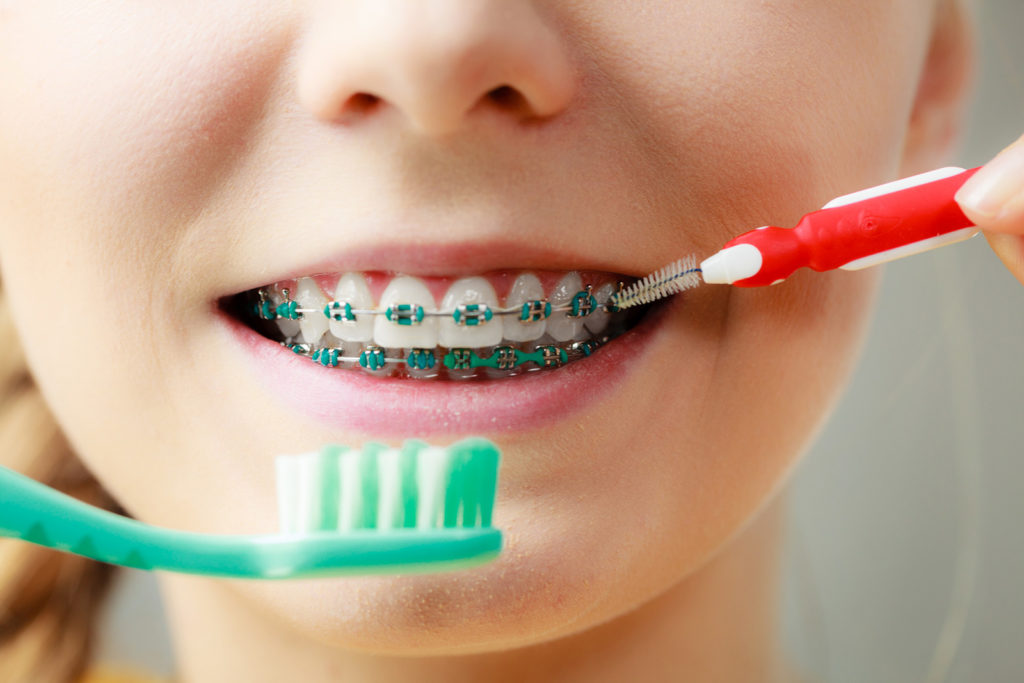The Neglected Smile: Exploring the Consequences of Skipping Brushing
Brushing your teeth twice a day is a fundamental aspect of good oral hygiene. It might seem like a mundane chore, but neglecting this simple practice can have significant consequences for your oral and overall health. This comprehensive guide delves into the chain reaction triggered by skipping tooth brushing, explores the potential problems that can arise, and emphasizes the importance of establishing a consistent oral hygiene routine.
The Domino Effect: How Skipping Brushing Sets the Stage for Trouble
When you don’t brush your teeth regularly, you disrupt the delicate balance in your mouth. Here’s a breakdown of the domino effect that unfolds:
- Plaque Buildup: Food particles and bacteria in your mouth combine to form a sticky film called plaque. Brushing helps remove plaque, but if you skip brushing, plaque accumulates on your teeth and gums.
- Hardened Plaque: Tartar Triumphs: Over time, plaque that’s not removed hardens into tartar (calculus). Tartar is much more difficult to remove than plaque and requires professional dental cleaning.
- Gum Inflammation Takes Root: The bacteria in plaque and tartar irritate the gums, causing inflammation. This initial stage of gum disease is known as gingivitis. Symptoms of gingivitis might include swollen, red, and tender gums that bleed easily when brushing or flossing.
- From Gingivitis to Periodontitis: If gingivitis is left untreated, it can progress to a more severe gum disease called periodontitis. Periodontitis damages the tissues and bone that support your teeth, leading to potential tooth loss.
- Beyond the Mouth: The Bodywide Connection: Emerging research suggests a link between oral health and overall health. Chronic gum inflammation might contribute to an increased risk of heart disease, stroke, diabetes, and even respiratory infections.
Important Note: The progression from skipping brushing to severe gum disease and its potential health complications can take time. However, the longer you neglect proper oral hygiene, the greater the risk of developing these problems.
The Unsightly Truth: Potential Consequences of Skipping Brushing
Neglecting to brush your teeth can have various negative consequences, impacting not just your oral health but also your overall well-being:
- Bad Breath: The bacteria in plaque and tartar produce foul-smelling odors, leading to chronic bad breath (halitosis).
- Tooth Decay: Bacteria in plaque feed on sugars in your food, producing acids that erode tooth enamel. This can lead to cavities, toothaches, and even tooth loss in severe cases.
- Stained Teeth: Plaque and tartar buildup can stain your teeth, making them appear yellow or brown.
- Gum Recession: As gum disease progresses, the gums can recede, exposing the roots of your teeth. This can lead to sensitivity, pain, and make your teeth appear longer.
- Loose Teeth and Tooth Loss: Severe gum disease can damage the bone supporting your teeth, leading to loose teeth and potential tooth loss.
The Power of Prevention: Brushing Your Way to a Healthy Smile
Fortunately, the consequences of skipping brushing are largely preventable by establishing a consistent oral hygiene routine that includes:
- Brushing Twice a Day: Brush your teeth for two minutes twice a day, using a soft-bristled toothbrush and fluoride toothpaste. Focus on cleaning all surfaces of your teeth, including the backs and the gumline.
- Flossing Once a Day: Flossing daily helps remove plaque and food particles from between your teeth, where brushing can’t reach.
- Regular Dental Checkups and Cleanings: Schedule regular dental checkups and cleanings (typically every six months) to allow your dentist to identify and address any potential problems early on.
Additional Tips:
- Consider using a tongue scraper: Gently scraping your tongue can help remove bacteria that contribute to bad breath.
- Maintain a Healthy Diet: Limit sugary foods and drinks, as they can contribute to plaque formation and promote tooth decay.
- Don’t Smoke: Smoking and tobacco use significantly increase your risk of gum disease and other oral health problems.
Frequently Asked Questions (FAQ)
Q: What if I occasionally forget to brush my teeth? Is it a big deal?
A: Skipping brushing occasionally might not have immediate consequences. However, making it a regular habit significantly increases your risk of developing oral health problems. Aim for consistency in your oral hygiene routine for optimal results.
Q: I brush my teeth once a day, is that enough?
A: Brushing twice a day is generally recommended for effective plaque removal. Brushing once a day is better than nothing.

